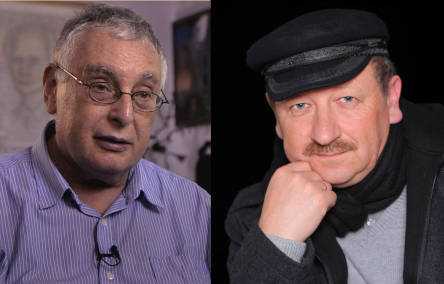
Boris Sandler and Daniel Galay Receive Rubinlicht Prize
Boris Sandler and Daniel Galay Receive Rubinlicht Prize
Boris Sandler and Daniel Galay, two prominent Yiddish authors, editors and cultural activists, have been awarded the annual Rubinlicht Prize for outstanding contributions to Yiddish literature. The celebration, broadcast online, took place at the Tel Aviv Yiddish center Leyvik House on December 26, 2024.
In addition to their own literary works, both laureates have been involved for many years in editing and publishing Yiddish books, as well as in Yiddish-related educational projects. Galay, the chairman of the Leyvik House, born in 1945 in Argentina, is also an internationally renowned composer. Sandler, born in 1950 in the USSR, formerly an editor-in-chief of New York’s Yiddish Forward, runs the online Yiddish monthly Yiddish Branzhe.
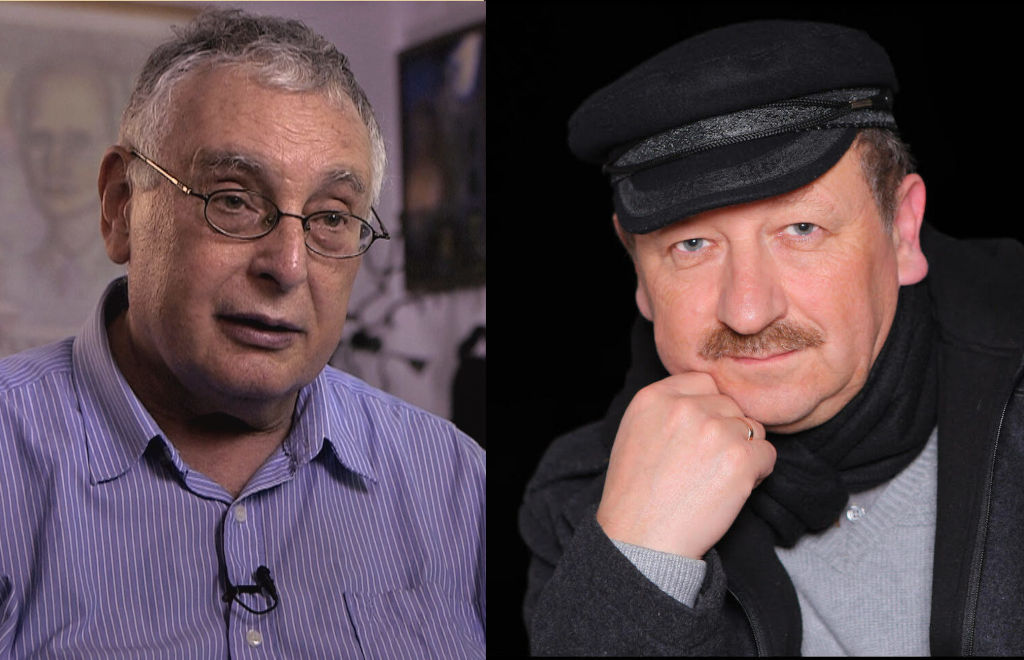
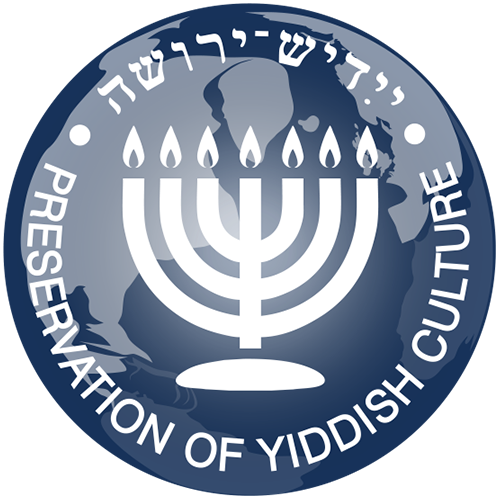
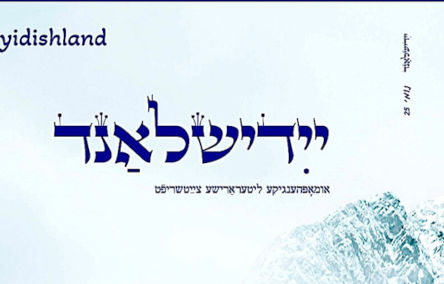
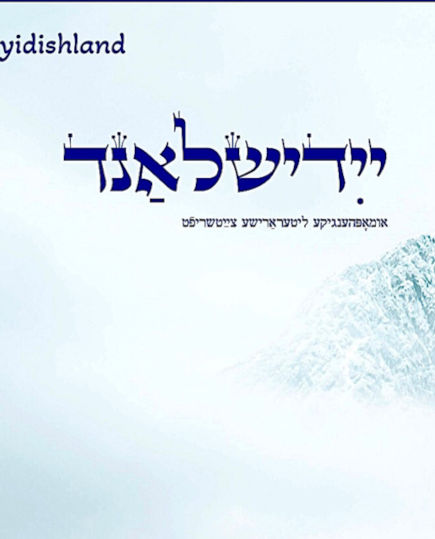 The new 25th issue of the quarterly magazine Yidishland, published in parallel print runs in Israel and Sweden, is dedicated to one of its editors, Mikhoel Felsenbaum, who recently received a lifetime achievement award from the Israeli National Authority for Yiddish Culture.
The new 25th issue of the quarterly magazine Yidishland, published in parallel print runs in Israel and Sweden, is dedicated to one of its editors, Mikhoel Felsenbaum, who recently received a lifetime achievement award from the Israeli National Authority for Yiddish Culture.
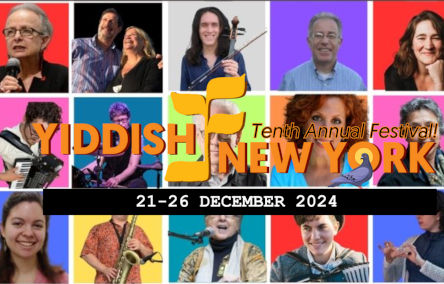
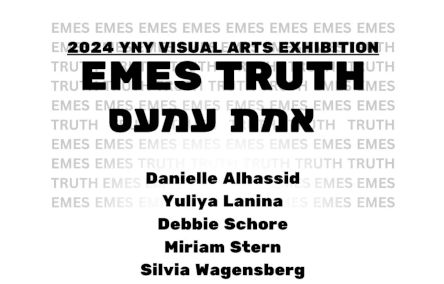
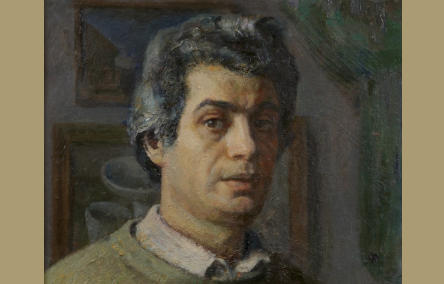
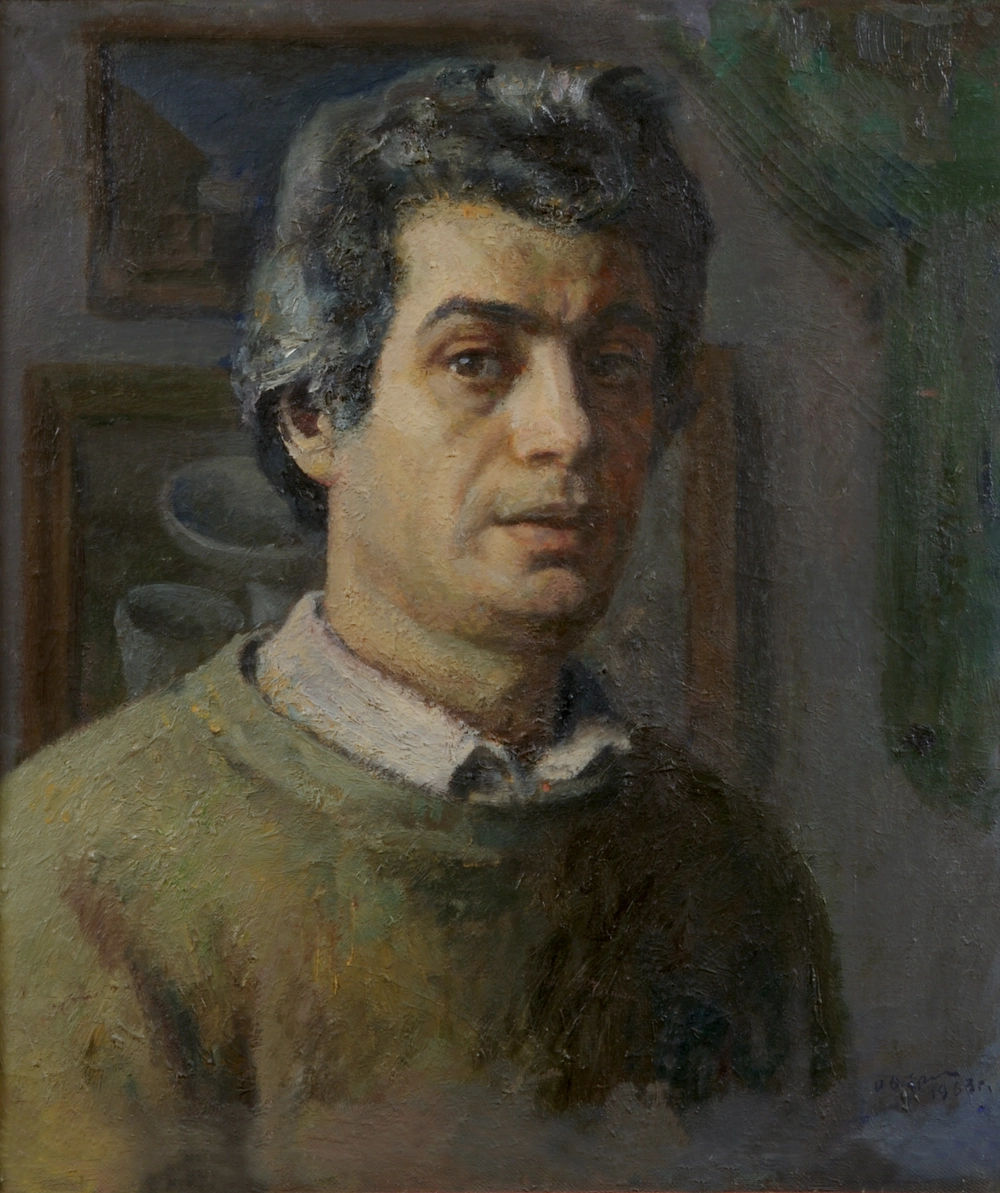
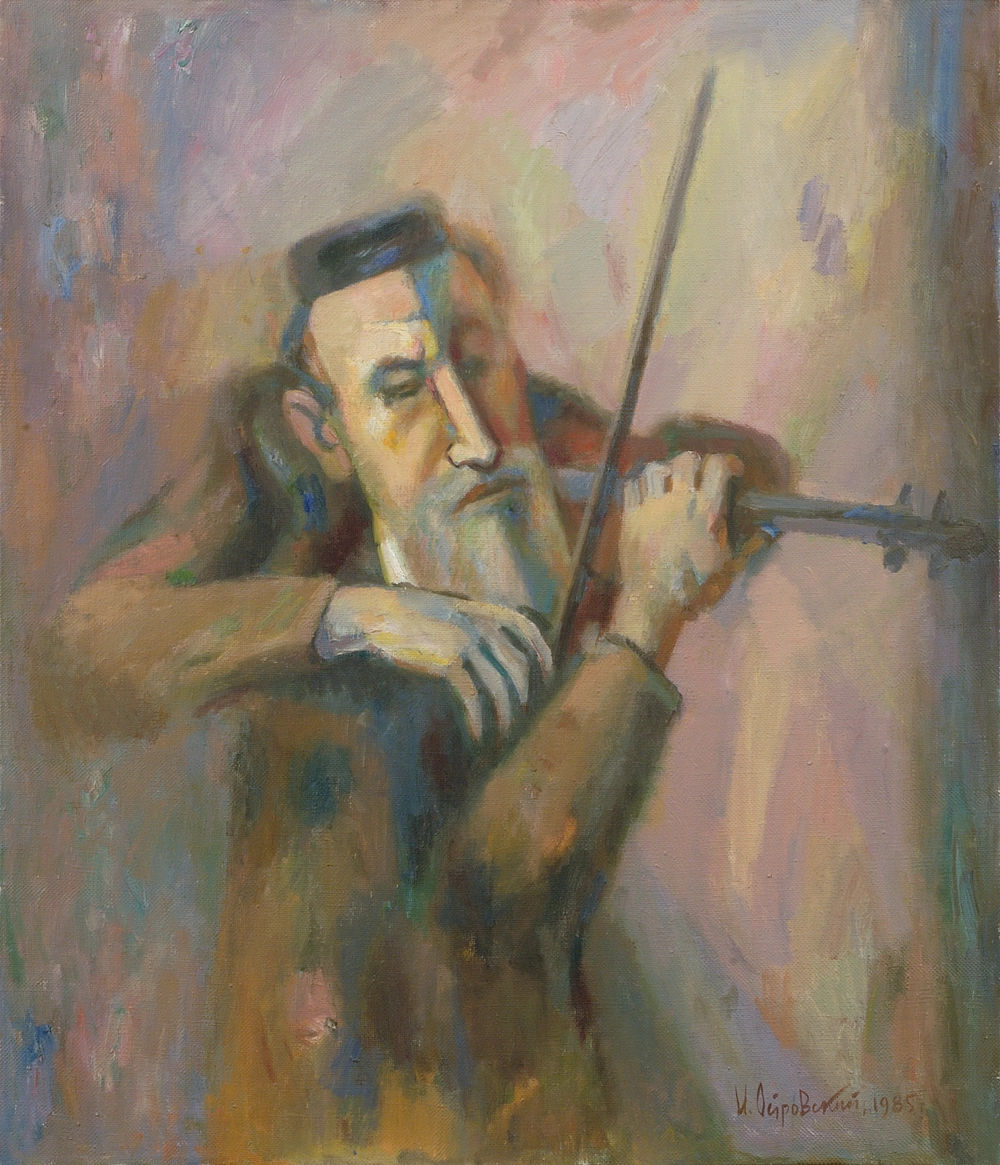
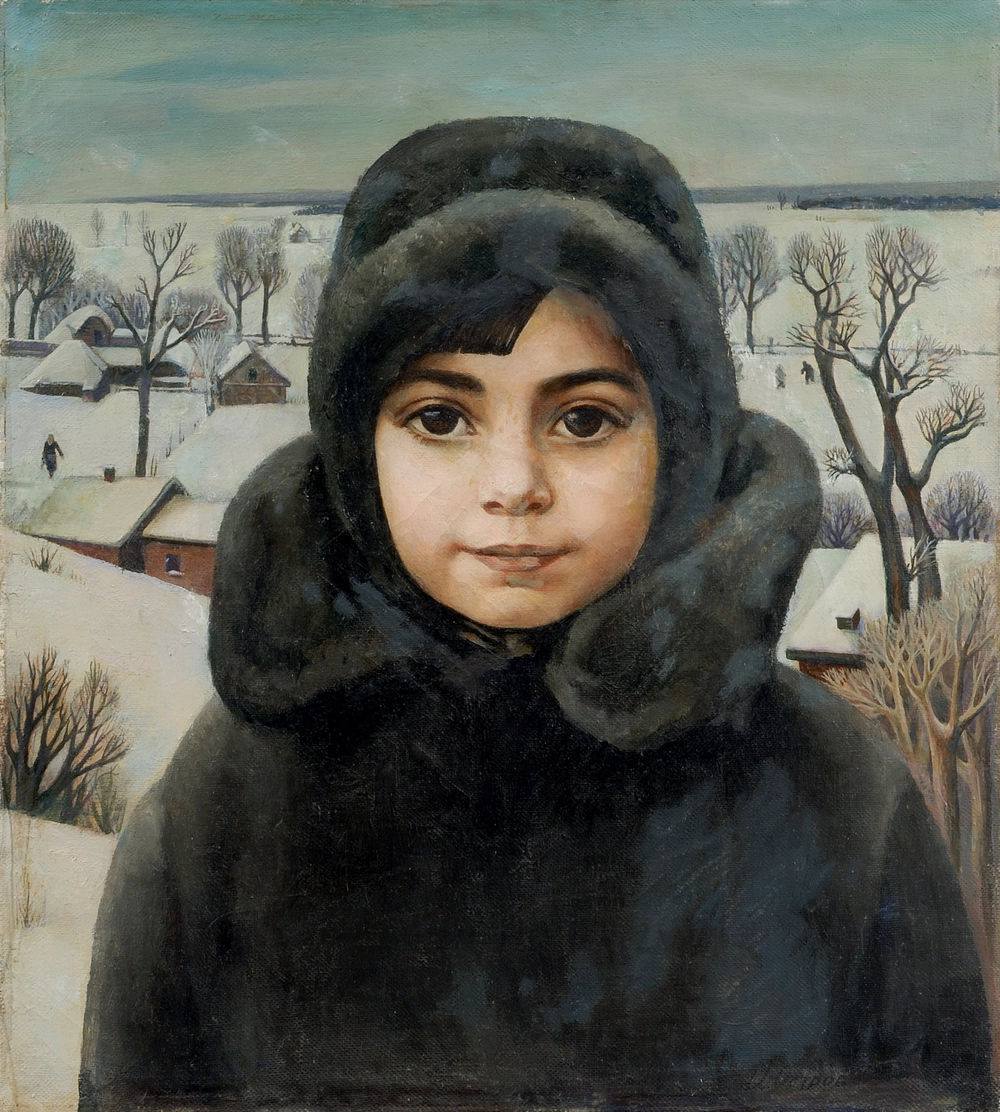
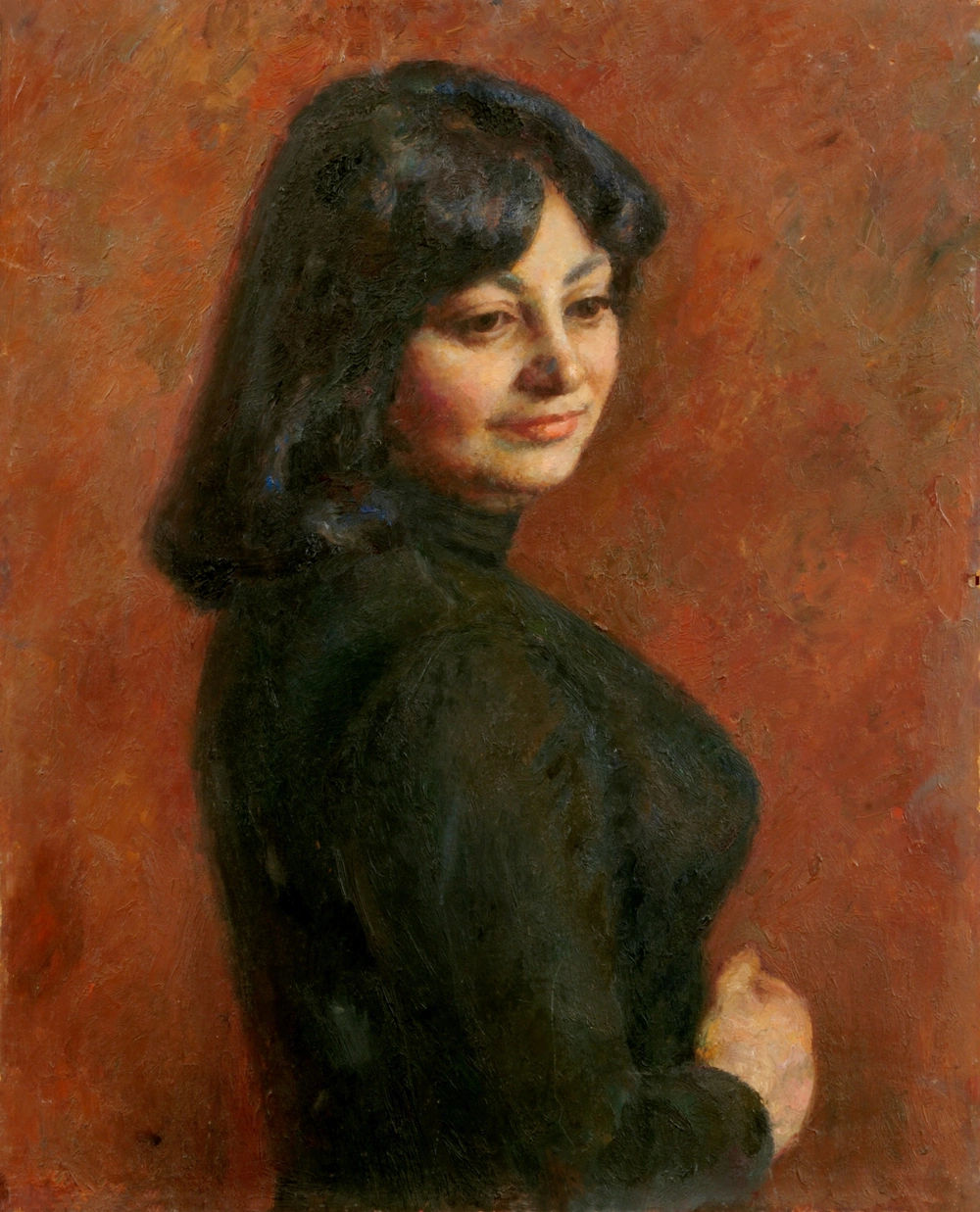
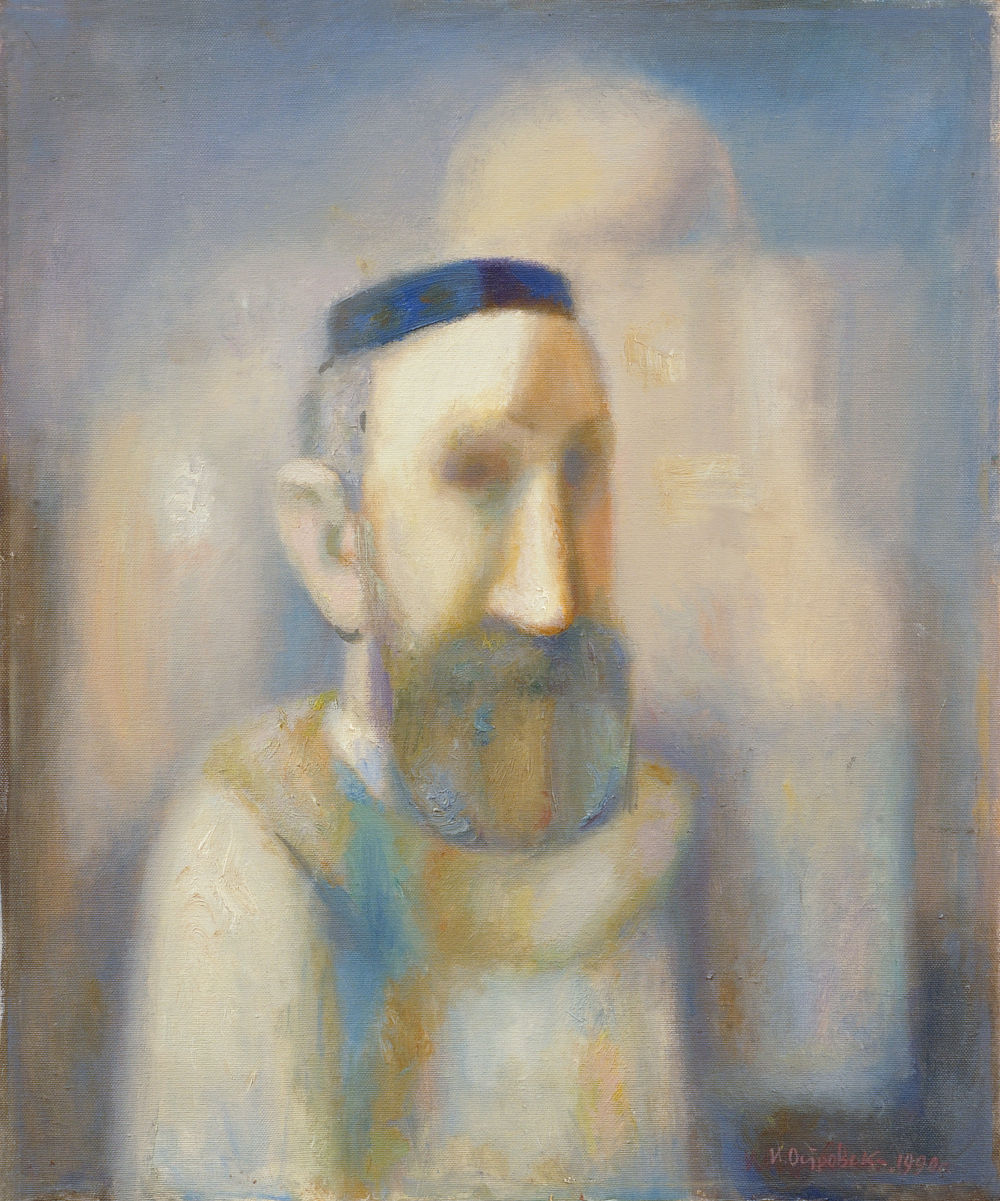
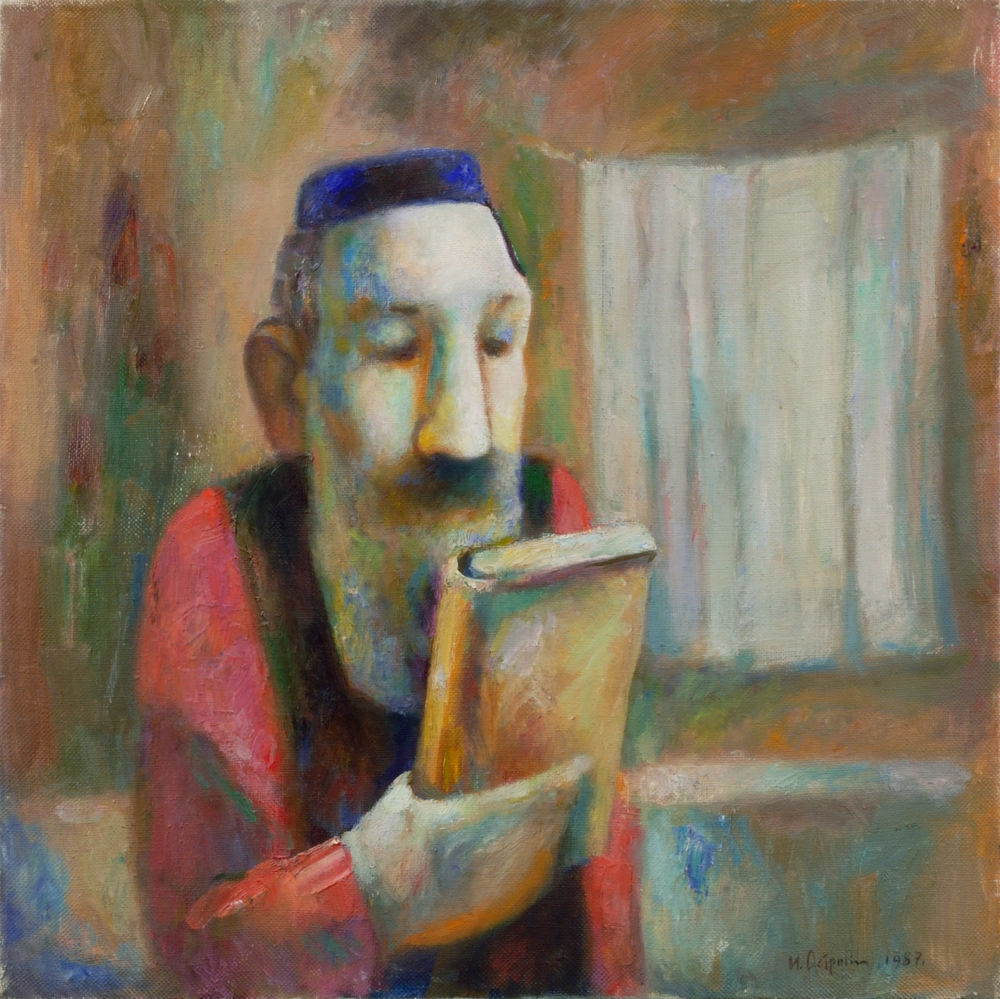
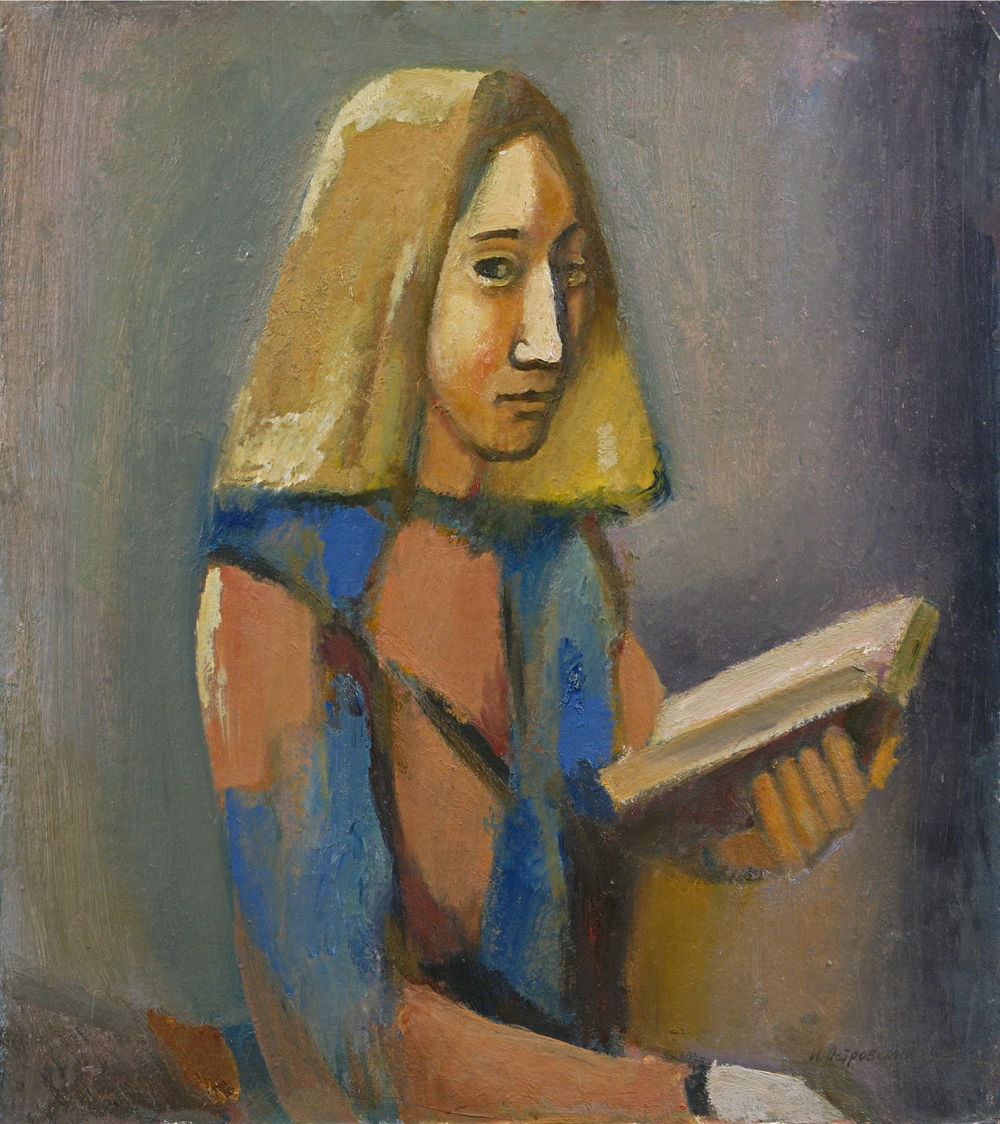
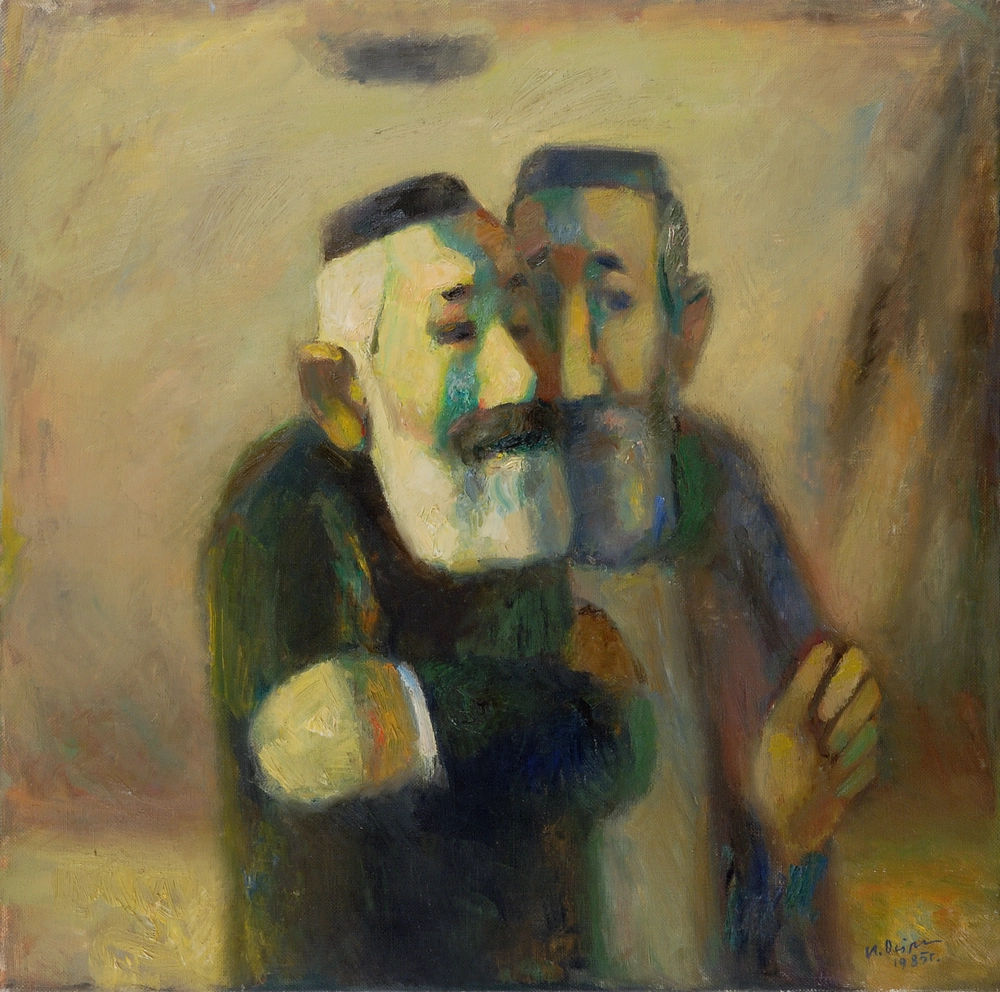
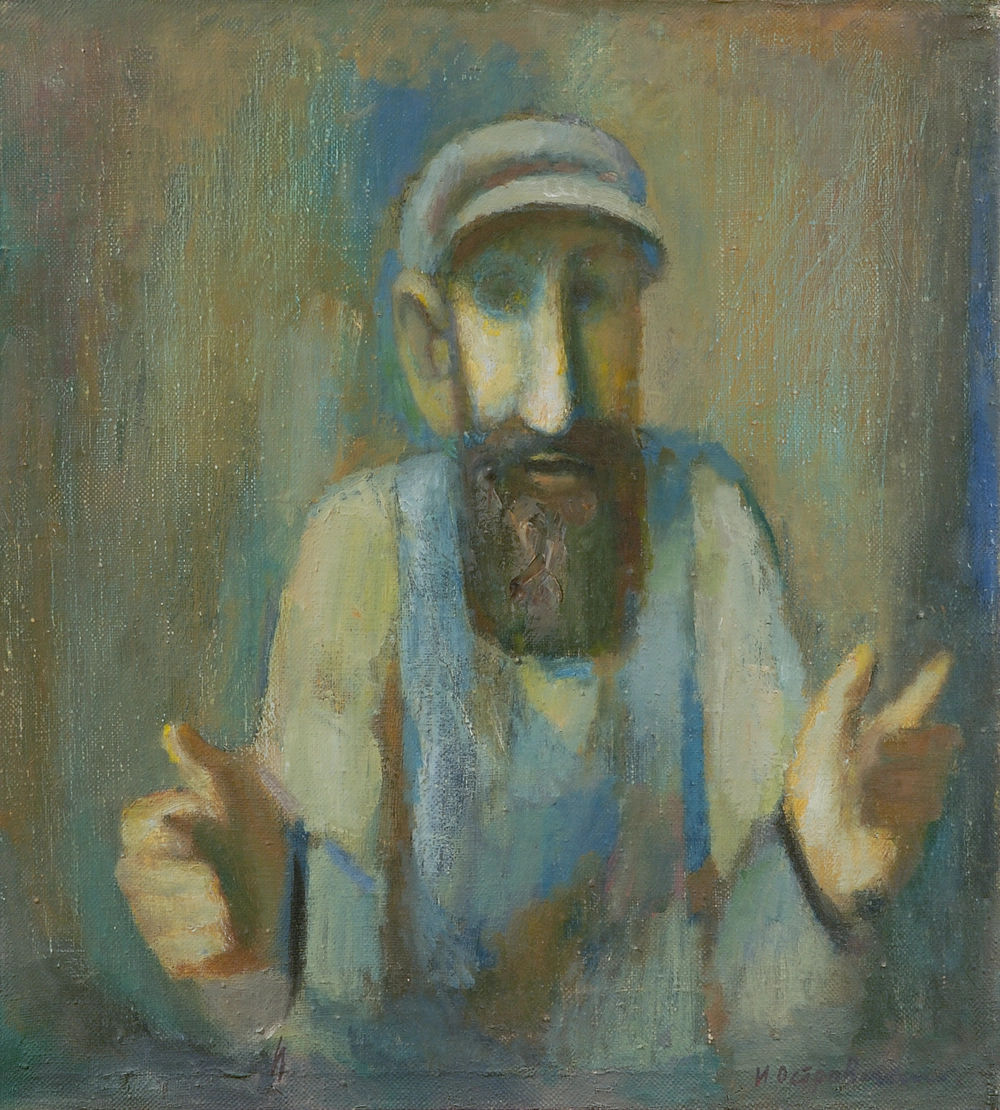
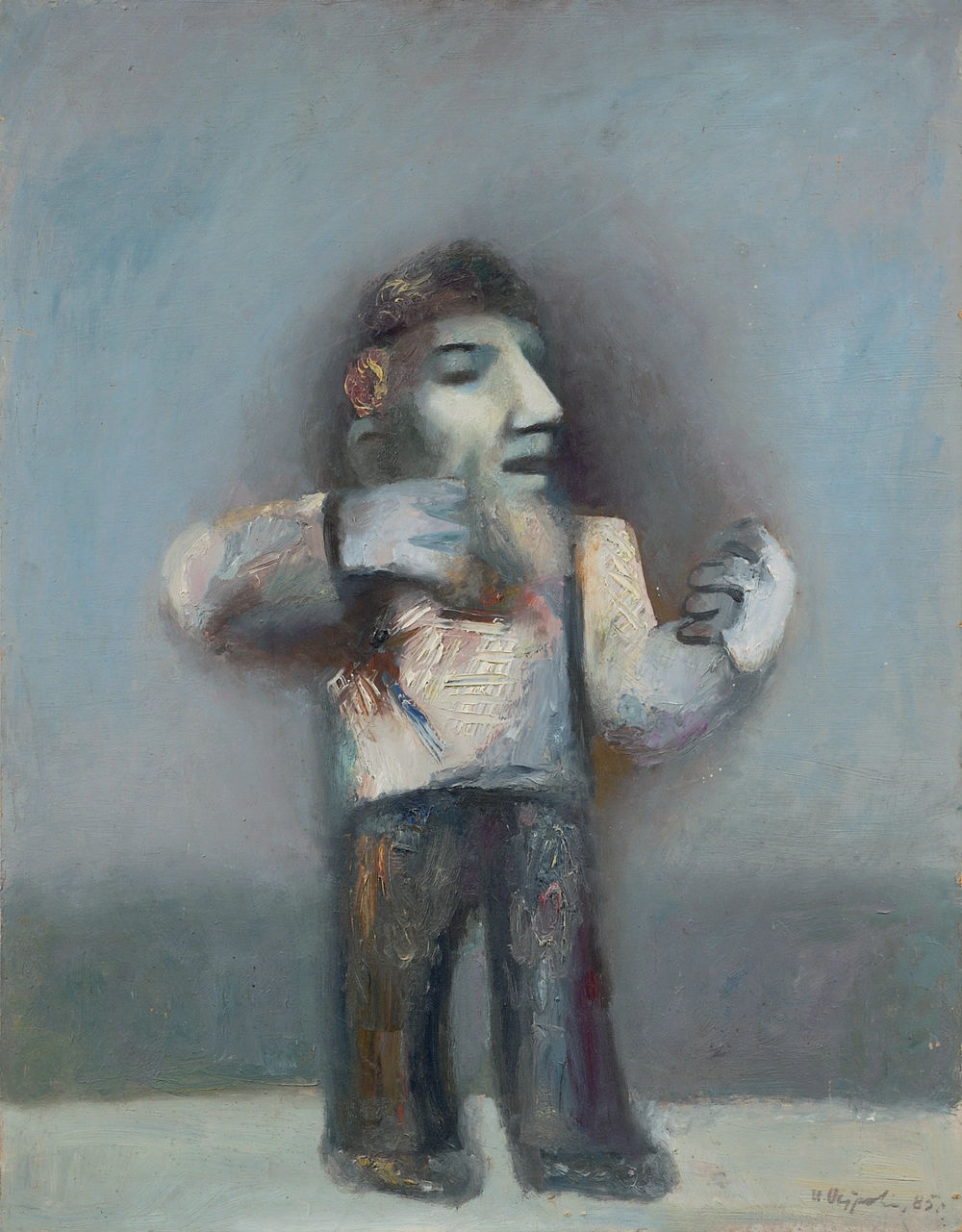
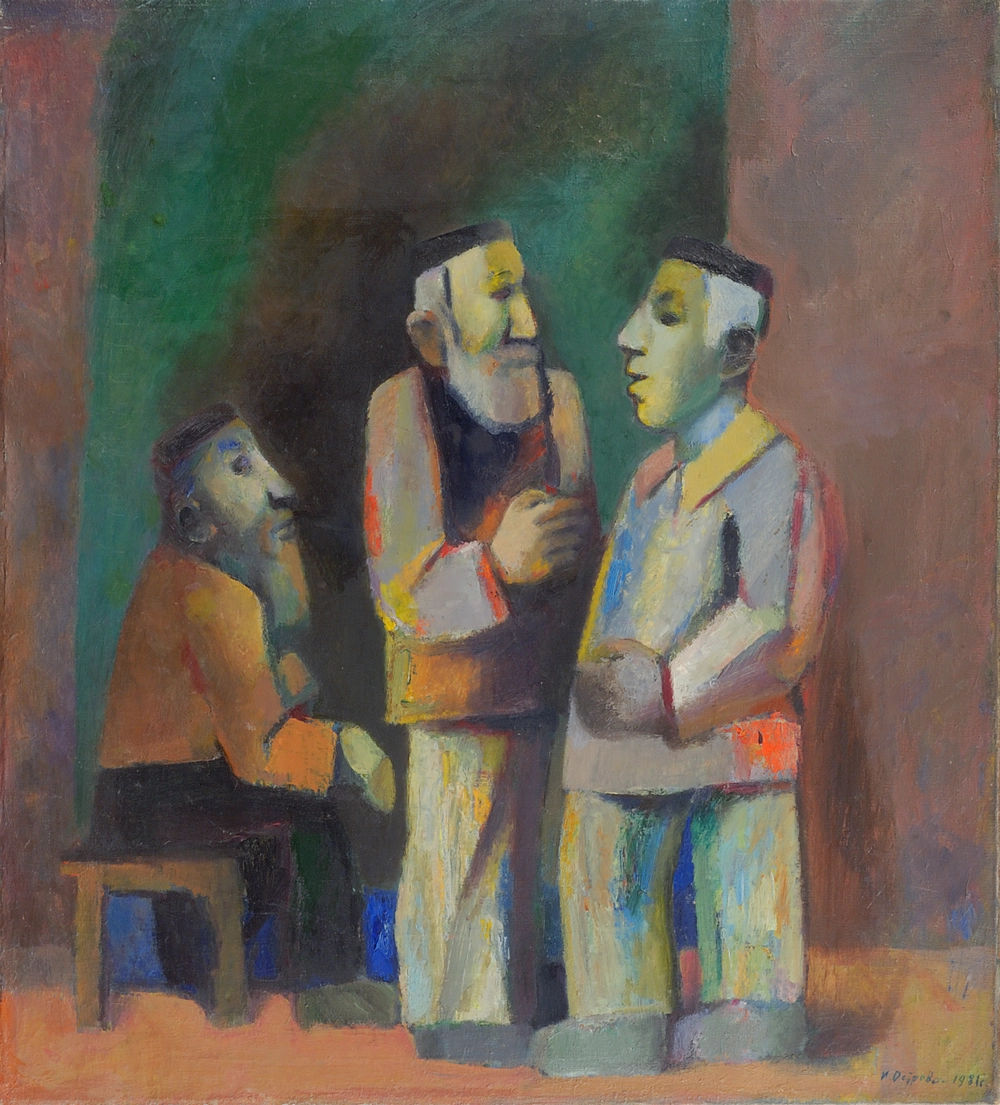
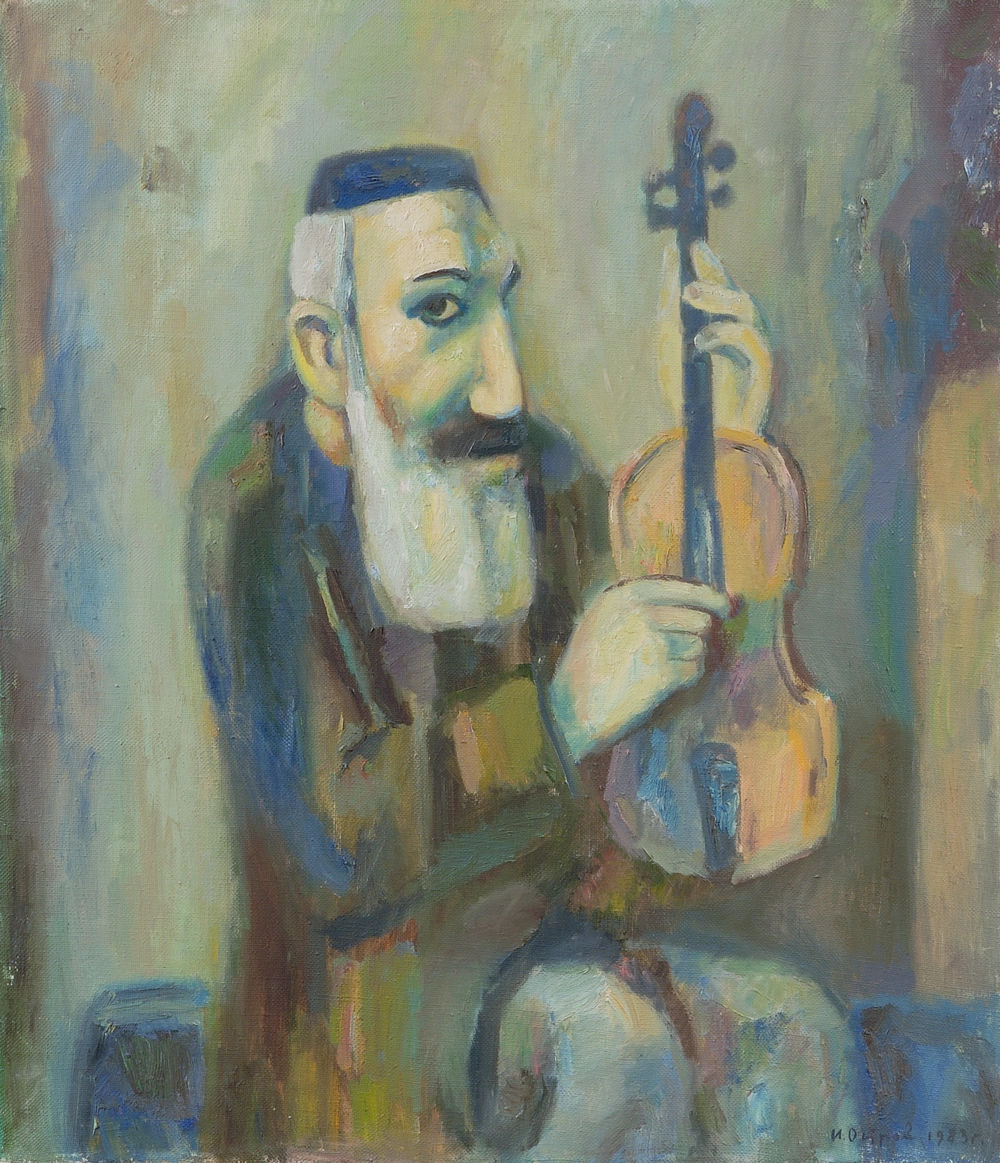
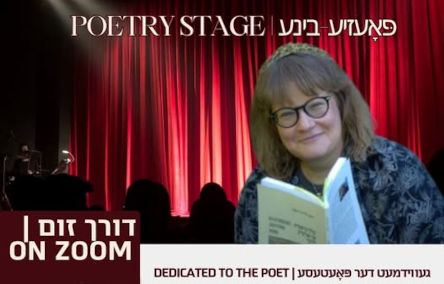
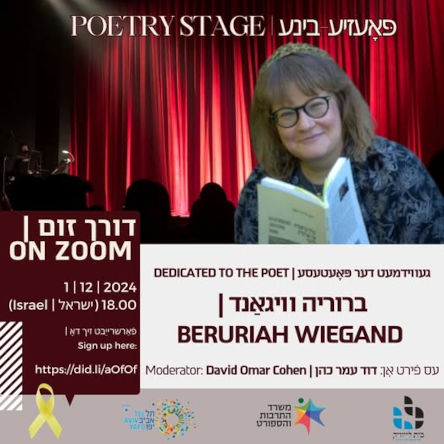 On December 1, 2024, the London-based Yiddish poet Beruriah Wiegand will read and discuss her poetry at the special online event hosted by the Leyvik House in Tel Aviv at 6 PM Israel time. The event, moderated by the Amsterdam-based Yiddish poet David Omar Cohen, will be entirely in Yiddish.
On December 1, 2024, the London-based Yiddish poet Beruriah Wiegand will read and discuss her poetry at the special online event hosted by the Leyvik House in Tel Aviv at 6 PM Israel time. The event, moderated by the Amsterdam-based Yiddish poet David Omar Cohen, will be entirely in Yiddish.